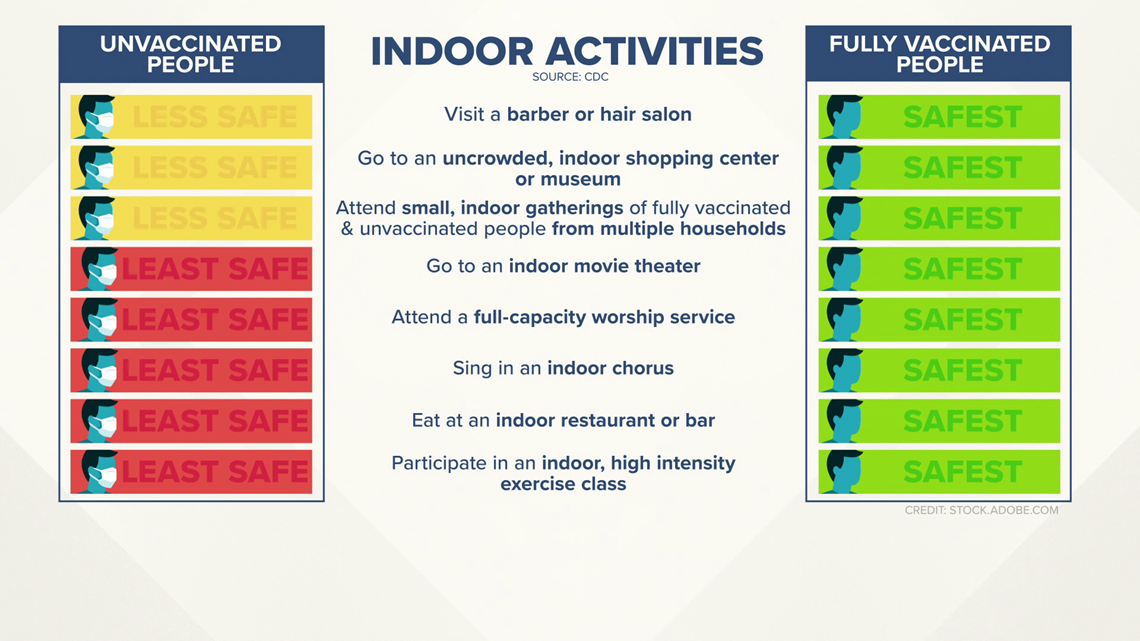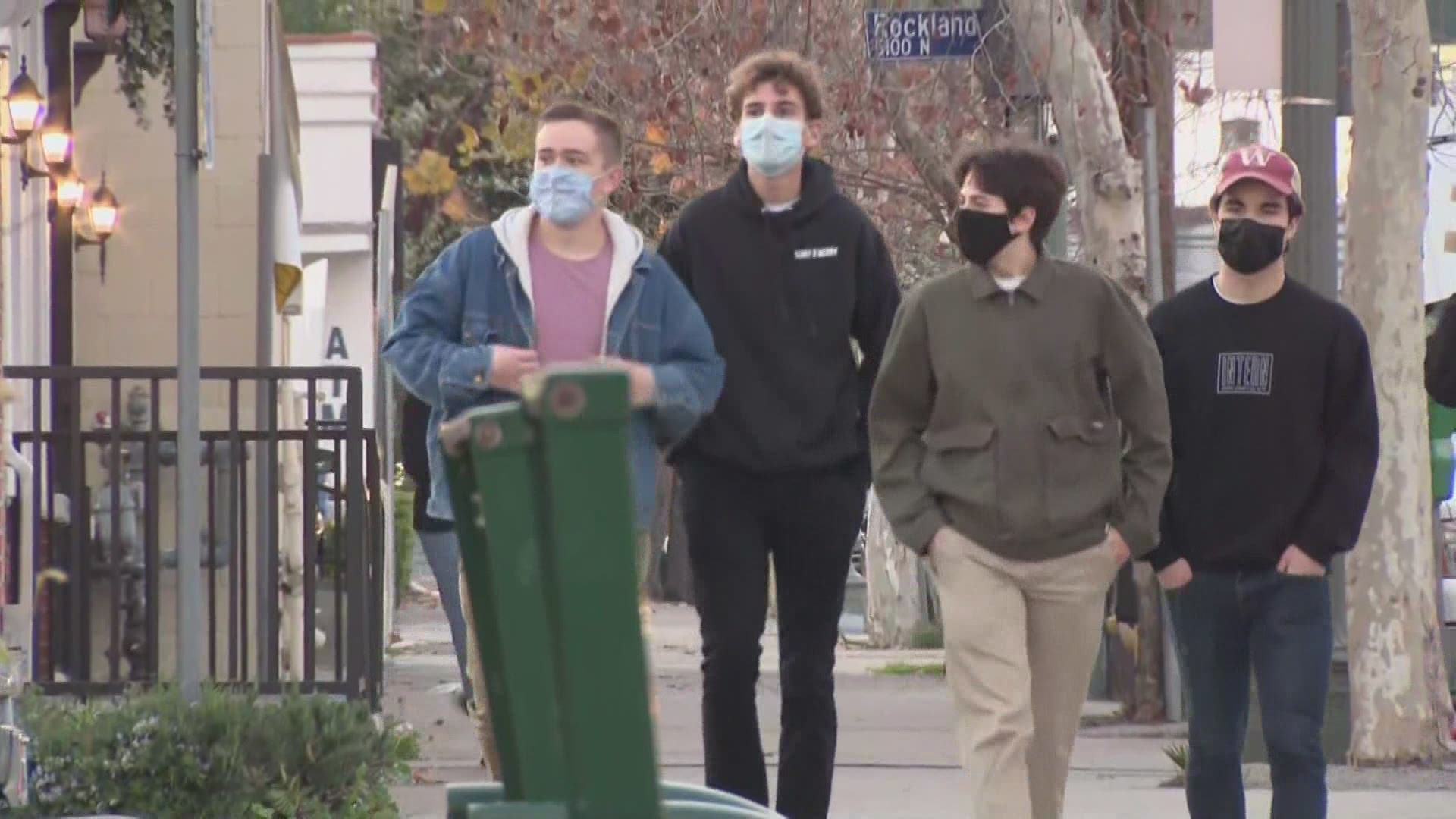NEW ORLEANS — For much of the pandemic, they were the best protection from spreading COVID-19, but with vaccines now leading that fight, masks aren’t as essential, at least not for folks who are fully vaccinated.
“If you are fully vaccinated you can start doing the things that you had stopped doing because of the pandemic. We have all longed for this moment when we can get back to some sense of normalcy,” said Centers for Disease Control and Prevention Director, Dr. Rochelle Walensky.
Fully vaccinated means at least two weeks after completing the vaccine. According to the CDC, those folks no longer need to wear masks or socially distance when outside or in most indoor settings, regardless of crowd size.
“It’s an interesting dynamic to hear what I think are appropriate steps, but they are also working from the assumption that people are still living under restrictive kinds of mitigation measures,” said Tulane University School of Public Health and Tropical Medicine epidemiologist, Dr. Susan Hassig.
That’s not the case in Louisiana, where the mask mandate ended late last month.


Dr. Hassig said the new guidelines are great for fully vaccinated people and in places where vaccination rates are high. In Louisiana, just less than 30% of the population is fully vaccinated.
“In some parts of the state, proportions of people above 65 vaccinated is less than 50% and that’s really concerning to me in terms of what the potential implications of more transmissible variants are,” said Hassig.
Local governments can still make their own rules. In New Orleans, where the fully vaccinated rate is just more than 40%, a mask mandate is still in place.
“Orleans is in so much better a place in terms of coverage of at least one dose in basically all age groups,” said Hassig.
In a statement to WWL, a city spokeswoman said, “The Mayor and the New Orleans Health Department are reviewing the new guidance.” In the meantime, Hassig hopes new guidelines can be an incentive for folks to get vaccinated.
“To get back to normal, that’s what we really need,” said Hassig.
These CDC guidelines do not apply to health care settings, like hospitals, and masks are still required for planes, trains, and for most public transportation.

